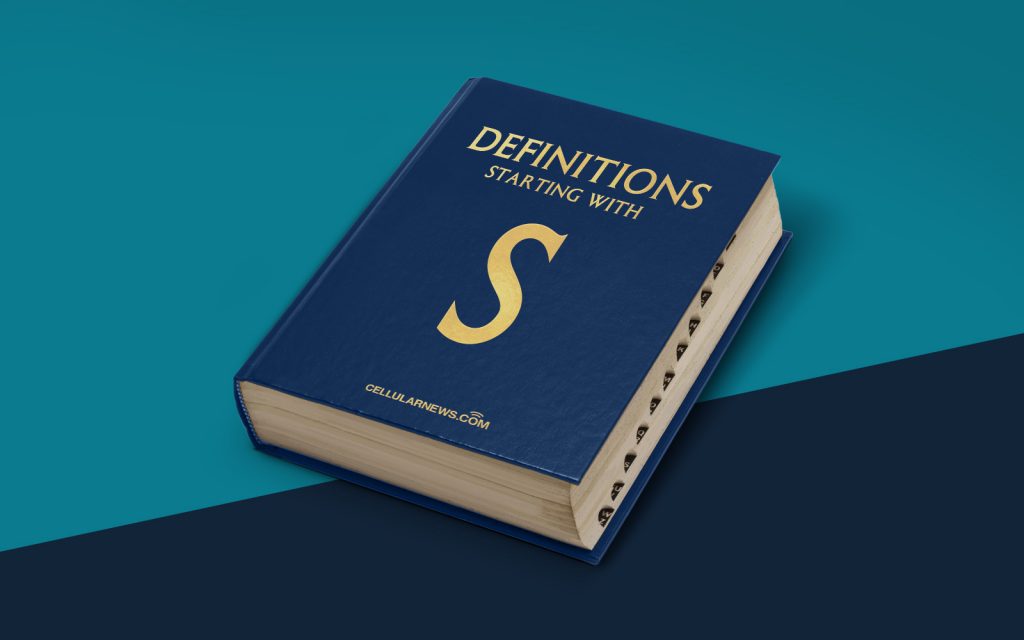
What is Syntax Validation?
Welcome to another installment of our “DEFINITIONS” category, where we dive deep into the essential terminologies of the digital world. Today, we are going to explore the concept of Syntax Validation. So, what exactly is Syntax Validation, and why is it important? We’ll answer these questions and more in this comprehensive guide.
Key Takeaways:
- Syntax validation ensures that computer programs adhere to the rules and conventions of a given programming language.
- This process helps in detecting and correcting errors in the code, ensuring smooth execution and optimal performance.
Syntax Validation, also known as Syntax Checking, is a crucial part of the software development process. In simple terms, it involves validating and verifying that the structure and syntax of a computer program or code comply with the rules and conventions of a particular programming language.
Just like grammar rules in a language or the syntax in a sentence, programming languages have their own set of rules to follow. Syntax validation checks these rules to ensure that the code is written correctly and can be interpreted by the computer without any errors.
When you write code, it is essential to ensure that it follows the syntax of the programming language you are using. Syntax validation helps you catch errors or mistakes in the code before executing or compiling the program. By performing this validation, you greatly reduce the chances of encountering unexpected errors or bugs when your code is running.
During syntax validation, the code is analyzed by a compiler or an interpreter, depending on the programming language. The compiler or interpreter checks the code for any violations of the language’s syntax rules. If any errors or inconsistencies are found, the validation process highlights them and provides error messages or warnings indicating the exact location and nature of the issue.
Here are a few key benefits of utilizing syntax validation:
- Identifying Errors: Syntax validation helps you catch errors and mistakes in your code early in the development cycle. By detecting and rectifying these issues before execution, you save time and effort in debugging later.
- Ensuring Compliance: Validating syntax ensures that your code adheres to the standards and conventions of the chosen programming language. This leads to better readability and maintainability of the code for yourself and other developers who may work on it in the future.
- Optimizing Performance: Syntax validation helps in identifying potential performance issues within the code. By fixing syntax errors and optimizing the structure, you can enhance the efficiency and speed of your program.
Overall, syntax validation plays a critical role in the development process, ensuring that your code is free from errors and follows the prescribed syntax of the programming language. It enables you to create robust and reliable software solutions that deliver the desired outcomes effectively.
Remember, whether you are a seasoned developer or just starting your coding journey, mastering syntax validation is essential to writing clean and error-free code. So, next time you write a program, don’t forget to validate its syntax!
